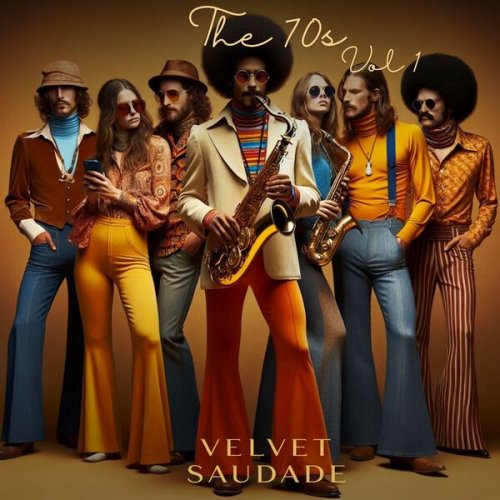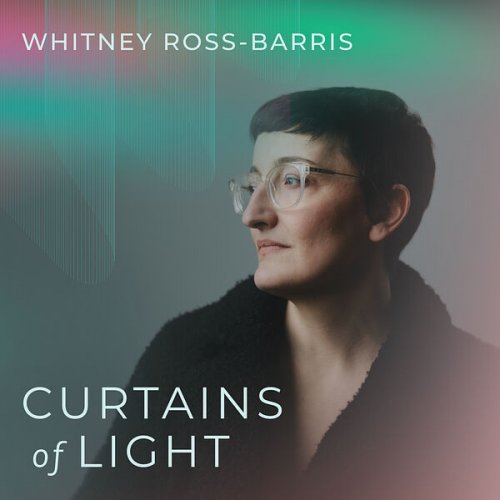Russ Lossing Trio - Oracle (2011)
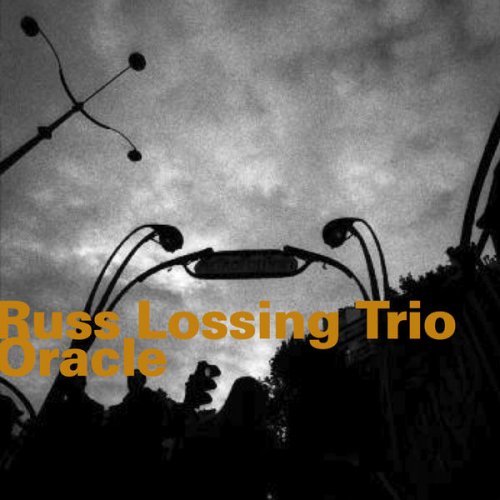
Artist: Russ Lossing Trio
Title: Oracle
Year Of Release: 2011
Label: Hat Hut Records/hatOLOGY
Genre: Jazz
Quality: Mp3 / 320kbps
Total Time: 54:06 min
Total Size: 118 MB
WebSite: Album Preview
TracklistTitle: Oracle
Year Of Release: 2011
Label: Hat Hut Records/hatOLOGY
Genre: Jazz
Quality: Mp3 / 320kbps
Total Time: 54:06 min
Total Size: 118 MB
WebSite: Album Preview
-----------
01. Swimming Dragon 7:24
02. Beautiful Ugly 5:02
03. No Trace 4:30
04. Oracle 6:23
05. Intermezzo 2:13
06. Love And Beauty 8:28
07. Hugo 5:08
08. Underground Ballad 7:30
09. Caldron 7:23
At the zenith
Pianist Russ Lossing is well documented with 3 recordings on the Hatology label so far. No question that he is one of today's most exciting jazz musicians. And "Oracle", his latest CD, is no less than the famous dotting of the letter i (i.e. translation of a German expression meaning "is no less than the final detail" or "crossing the t"). Only a well experienced unit – the Russ Lossing Trio (Masa Kamaguchi-b, Billy Mintz-dm) was together for 6 years at the date of this recording – that is playing together on a regular basis, would be able to play such an intense, interactive, lyrical, idiosyncratic and emotionally thrilling music. The title "oracle" is very well chosen, as the musical approach suggests an East Asian flavour of transparently airy ink drawings put loosely on paper by the artist after years of practising his art. In short: A sensational trio at its artistic zenith! Juerg Sommer (Swiss newspaper Mittelland Zeitung March 2011)
NEW YORK CITY JAZZ RECORD - PRINT REVIEW JULY 2011
Oracle / Russ Lossing
by Anders Griffen
Listening to jazz music, we often hear the influence of the masters filtered through the hearts and minds of new artists. One can pick out major influences right away. However, listening to Russ Lossing’s recent HatHut release, Oracle, we mainly hear Russ Lossing. It’s not that the influences and the tradition are not present. On the contrary, it’s all here and then some – from Scriabin to Bill Evans, Bartok to Paul Bley – but Lossing isn’t a newcomer. He’s not an old timer either, but he’s devoted himself to crafting his language, to “detect and watch that gleam of light which flashes across his mind from within,” as Emerson wrote. His phrases are formed with tone and touch the way a vocalist shapes words with breath and nuance to articulate the message, and he has developed an expansive vocabulary to spark and kindle his explorations. Miles Davis once said “sometimes you have to play a long time to be able to play like yourself,” and Lossing is doing that. Drummer Billy Mintz and bassist Masa Kamaguchi are kindred spirits. The command these musicians possess allows them to render new forms and build fine structures within these compositions. Much of the program feels quite loose and free. The prized element is space. The ensemble is free to explore in such a way that is only possible when each has all the room in the world and in turn allows the same for his trio-mates – that is great ensemble work. This space opens dimensions of possibilities as the subtle articulates minute details in the worlds discovered within each piece. The listener, too, is granted abundant space. The recording is very successful in preserving the character of the instruments with enough headroom and air that they don’t interfere with one another sonically. There is room to really savor the tones of each expression. This is fine music for attentive listening. “Beautiful Ugly” and “Love and Beauty” are highlights. Witnessing a live performance is highly recommended.
Pianist Russ Lossing is well documented with 3 recordings on the Hatology label so far. No question that he is one of today's most exciting jazz musicians. And "Oracle", his latest CD, is no less than the famous dotting of the letter i (i.e. translation of a German expression meaning "is no less than the final detail" or "crossing the t"). Only a well experienced unit – the Russ Lossing Trio (Masa Kamaguchi-b, Billy Mintz-dm) was together for 6 years at the date of this recording – that is playing together on a regular basis, would be able to play such an intense, interactive, lyrical, idiosyncratic and emotionally thrilling music. The title "oracle" is very well chosen, as the musical approach suggests an East Asian flavour of transparently airy ink drawings put loosely on paper by the artist after years of practising his art. In short: A sensational trio at its artistic zenith! Juerg Sommer (Swiss newspaper Mittelland Zeitung March 2011)
NEW YORK CITY JAZZ RECORD - PRINT REVIEW JULY 2011
Oracle / Russ Lossing
by Anders Griffen
Listening to jazz music, we often hear the influence of the masters filtered through the hearts and minds of new artists. One can pick out major influences right away. However, listening to Russ Lossing’s recent HatHut release, Oracle, we mainly hear Russ Lossing. It’s not that the influences and the tradition are not present. On the contrary, it’s all here and then some – from Scriabin to Bill Evans, Bartok to Paul Bley – but Lossing isn’t a newcomer. He’s not an old timer either, but he’s devoted himself to crafting his language, to “detect and watch that gleam of light which flashes across his mind from within,” as Emerson wrote. His phrases are formed with tone and touch the way a vocalist shapes words with breath and nuance to articulate the message, and he has developed an expansive vocabulary to spark and kindle his explorations. Miles Davis once said “sometimes you have to play a long time to be able to play like yourself,” and Lossing is doing that. Drummer Billy Mintz and bassist Masa Kamaguchi are kindred spirits. The command these musicians possess allows them to render new forms and build fine structures within these compositions. Much of the program feels quite loose and free. The prized element is space. The ensemble is free to explore in such a way that is only possible when each has all the room in the world and in turn allows the same for his trio-mates – that is great ensemble work. This space opens dimensions of possibilities as the subtle articulates minute details in the worlds discovered within each piece. The listener, too, is granted abundant space. The recording is very successful in preserving the character of the instruments with enough headroom and air that they don’t interfere with one another sonically. There is room to really savor the tones of each expression. This is fine music for attentive listening. “Beautiful Ugly” and “Love and Beauty” are highlights. Witnessing a live performance is highly recommended.
IsraCloud : Download
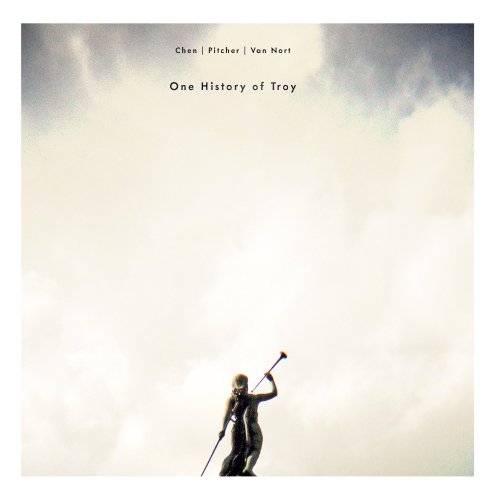
![Terrace Martin & Calvin Keys - The Near North Side (2026) [Hi-Res] Terrace Martin & Calvin Keys - The Near North Side (2026) [Hi-Res]](https://www.dibpic.com/uploads/posts/2026-02/1771141377_b80maiy5ke658_600.jpg)
![Dobs Vye - Lounge Fever (2026) [Hi-Res] Dobs Vye - Lounge Fever (2026) [Hi-Res]](https://www.dibpic.com/uploads/posts/2026-02/1770796125_lg5fka4etpbeq_600.jpg)
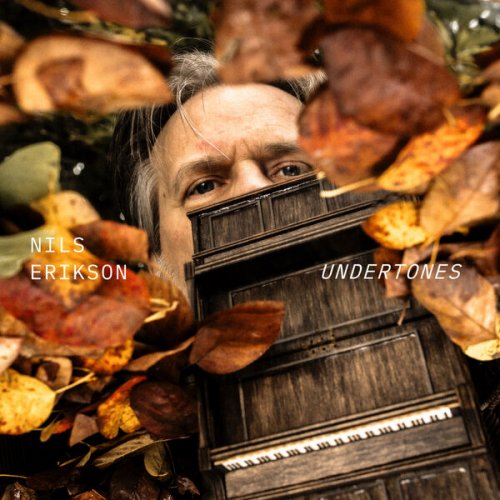
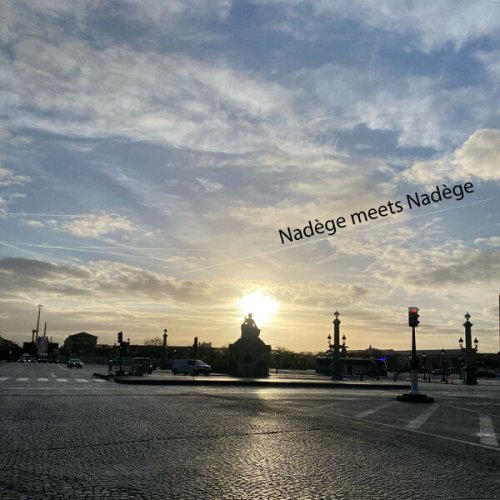
![Trio Brūme - Baignade interdite (2026) [Hi-Res] Trio Brūme - Baignade interdite (2026) [Hi-Res]](https://www.dibpic.com/uploads/posts/2026-02/1770989318_a2262940476_10.jpg)
